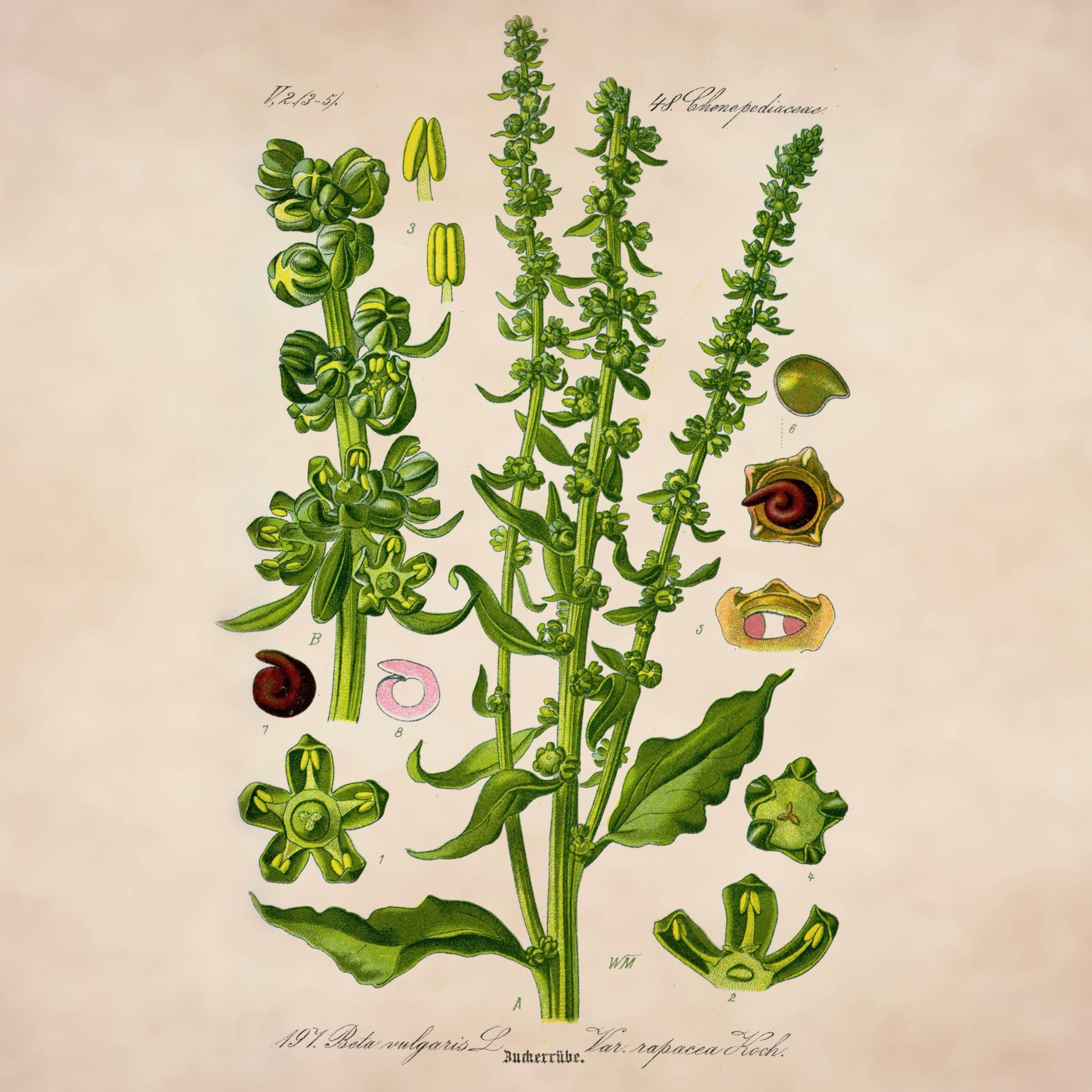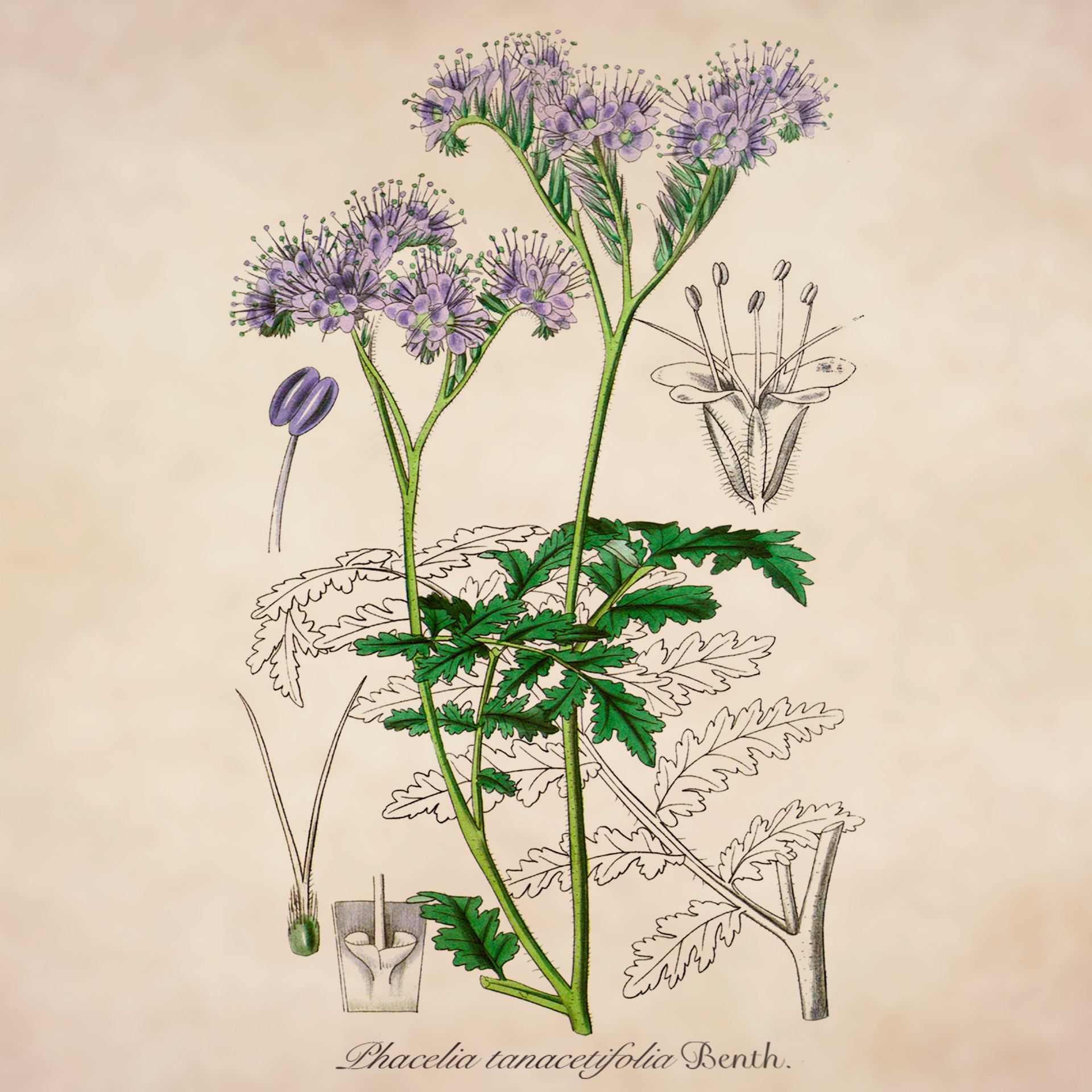

What do we breed
Traditional cover crops
To improve the microbial life balance of a soil, an integrated management is essential. Cover crops are planted to help protect and improve the soil rather than to be harvested. Their benefits include: soil fertility enhancement, beneficial microorganisms promotion, soil structure improvement, nutrient leaching reduction, humidity and erosion control. Therefore, cover crops improve the quality and yield of the main crop.
Nematode resistant cover crops
Growing resistant cover crops have both the benefit of traditional cover crop plus being a very effective way to keep under control parasitic nematode populations. In LSO we are specialized in developing varieties with resistance to some of the most common parasitic nematodes like the beet cyst nematode (Heterodera schachtii), root knot nematodes (Meloidogyne chiwoodi, M. hapla) and lesion nematodes (Pratylenchus penetrans)
Biogas
In the search of alternatives to fossil fuels, agriculture has developed energy crops. Forage rye is a species that is perfectly suited to grow as a winter cover crop for forage or biogas production. We have our focus on early and fast developing varieties thar are able to grow in the coldest months while absorbing nutrients and storing them in the biomass. An early ear emergence of our varieties also enables early harvesting. This creates good conditions for the following main crop, e.g. maize.
Fodder crops
The traditional practice of drilling a fodder
crop, like turnips or fodder rape into a stubble provides winter grazing
for sheep, cattle and wildlife like hares and deer. Some animals use it also as a shelter. LSO is one of the few companies that is still active in the development
of new varieties of these traditional crops such as forage rape, leaf turnips, stubble turnip and fodder beets.

Sinapis alba

Raphanus sativus

Secale Cereale

Avena Strigosa

Brassica rapa

Brassica carinata Brassica juncea

Brassica napus

Fagopyrum esculentum

Eruca sativa

Beta vulgaris

Tagetes patula
